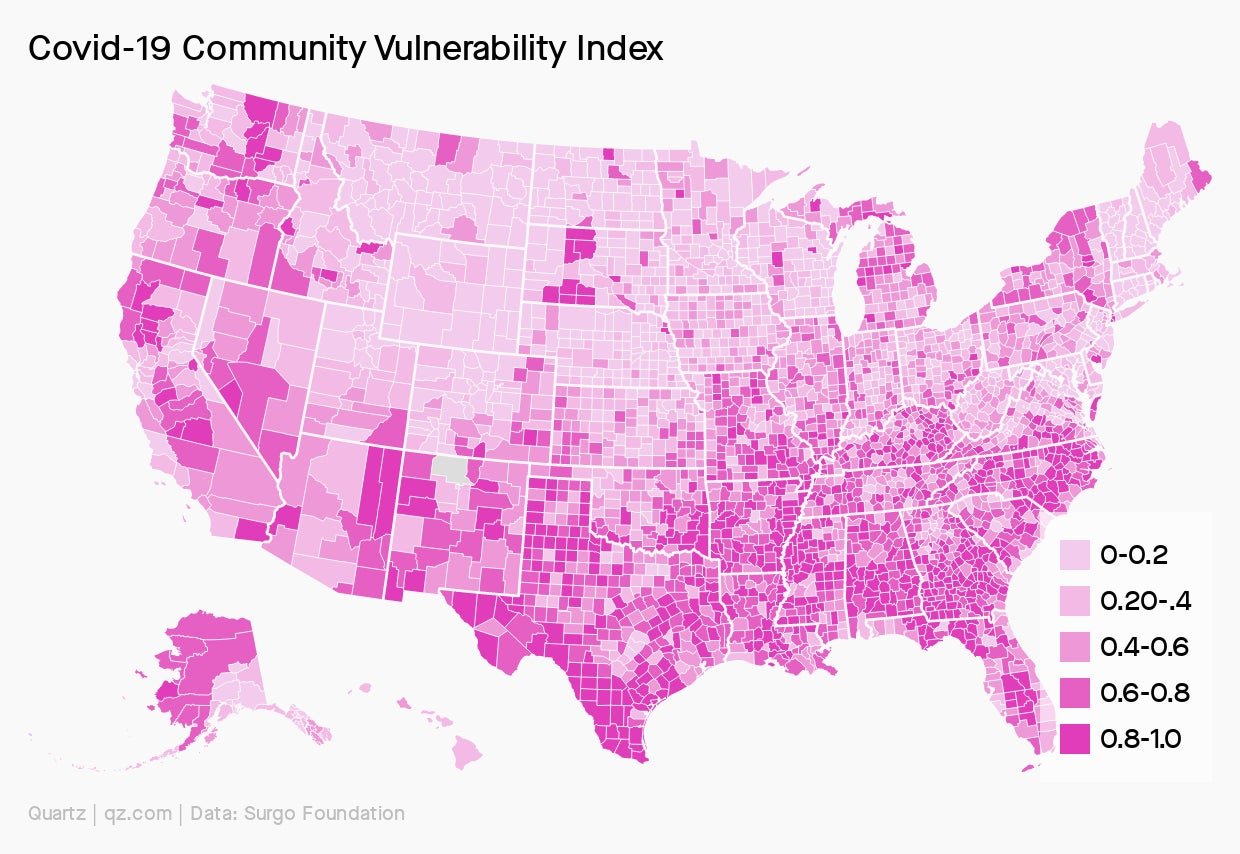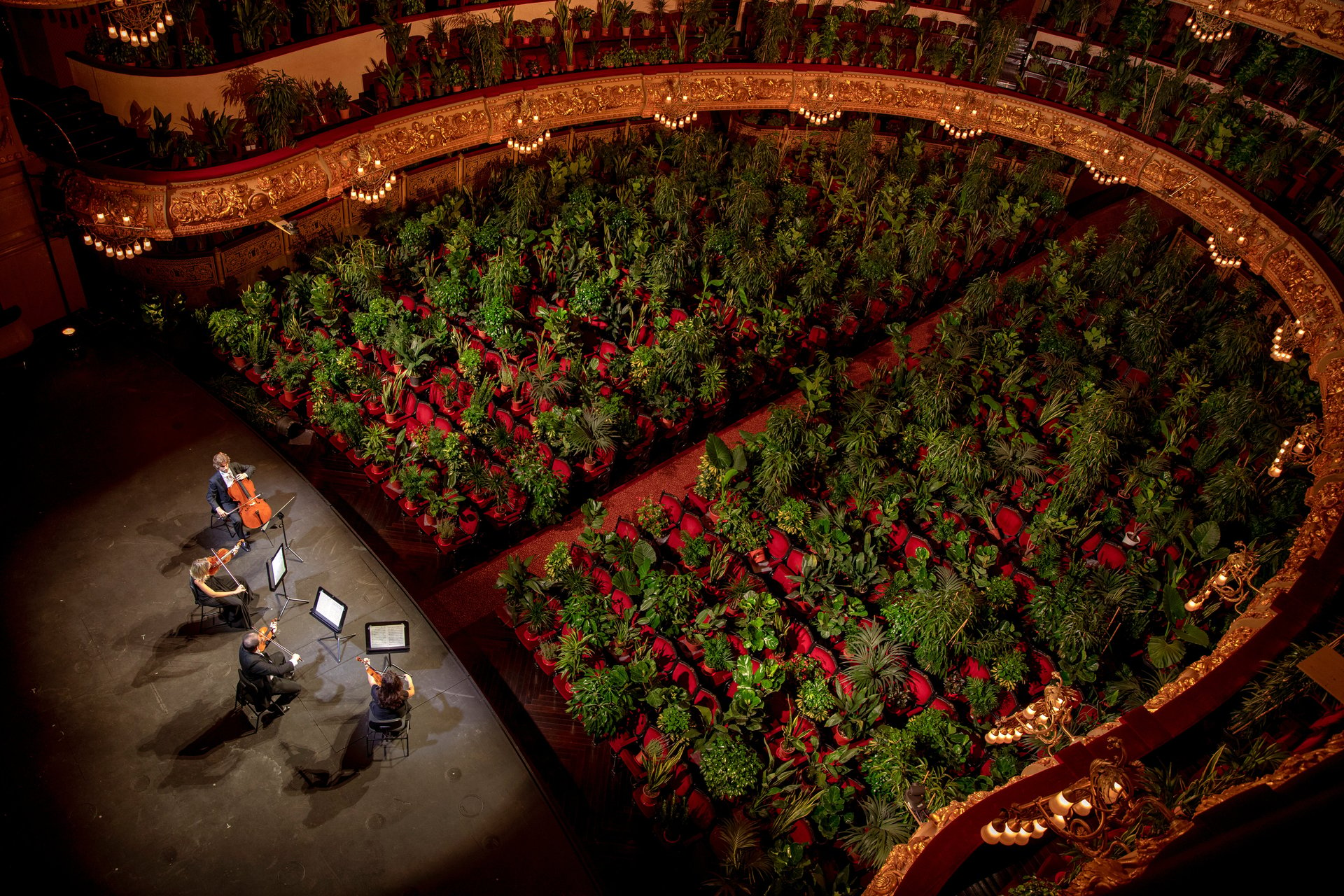England goes al fresco, Putin’s power play, Rhode Island’s name
Good morning, Quartz readers!

Good morning, Quartz readers!
Here’s what you need to know
England takes it outside. Starting today, planning laws will be loosened in order to allow restaurants and pubs to to serve people outdoors, including in car parks, in a bid to reboot the economy. Other outdoor activities such as fairs also won’t need permission.
Voting begins on Vladimir Putin’s play to stay in power. Russians will decide on constitutional changes that could allow the president, whose current mandate ends in 2024, to stay in office until 2036.
Lufthansa moved closer to a government bailout. Major shareholder and billionaire Heinz Hermann Thiele reportedly said he would not block a proposal by the government to take a 20% stake in the carrier for €9 billion ($10 billion).
The US targeted Huawei, again. The White House said the Chinese telecommunications equipment maker, along with 20 other companies including surveillance technology firm Hikvision, are owned or controlled by the military, paving the way for more financial sanctions against them.
Mongolia’s ruling party won in a landslide. The Mongolian People’s Party retained its majority in parliament as voters rewarded the government for its success in keeping the coronavirus at bay. The country has reported around 200 Covid-19 cases.
Undecided on an upcoming vote of your own? Join us for a free Quartz at Work (from home) workshop on the science of decision making today at 11am EDT (3pm GMT).
Covid-19 update: The good, the bad, and the runway
China says its Beijing outbreak is under control. But, a municipal spokesperson said, household and workplace clusters are popping back up.
India saw its highest daily spike. Almost 4,000 people in Delhi alone tested positive for coronavirus within 24 hours. Meanwhile, the US suspended India’s repatriation flights.
Mapping Covid-19 vulnerability
Even as the US prepares to reopen from lockdown, the coronavirus pandemic is far from over in the country. But its impact depends a great deal on geography.
There are significant differences between and within states, not just in the number of cases but in their severity and in the overall vulnerability of their populations to coronavirus outbreaks.

The Surgo Foundation compiled the Covid-19 Community Vulnerability Index, which describes the ability of a community to react to coronavirus outbreaks, rather than risk of infection. More vulnerability means that, once an area experienced an outbreak, it would last longer, be deadlier, and harder to contain.
For members: The trouble with oil’s talent pipeline
Three numbers that sum up the oil and gas industry’s recruiting problem:
78%: Number of US millennials surveyed by Pew in April who believe in supporting alternative forms of energy over fossil fuels
Two-thirds: Number of teenagers surveyed by Ernst & Young in 2017 who believe the oil and gas industry “causes problems rather than solves them”
44%: Proportion of millennials who told EY that they found a career in the industry “unappealing”
Climate change and the boom-bust cycle have made what used to be a choice career path for engineers increasingly unpopular among young people in the US. Read more in this week’s field guide on fossil fuels going bust.
✦ Create a pipeline for yourself consisting of all the articles, presentations, field guides, and workshops available to members—start with a seven-day free trial! ✦
We’re obsessed with phenology
Stop and note the roses. Phenology is the close study of “nature’s clock,” from the grand rotation of the seasons to the minute behavior of a bumblebee. Natural observations have always been valuable, but as climate change has accelerated, phenology has acquired a sense of urgency. Whether you’re doing it for yourself or for science, phenology can offer a sense of comfort, engagement even in social isolation, and interspecies solidarity—all of which seem awfully relevant right now. Crack open your notebook…it’s the Quartz Weekly Obsession.
Surprising discoveries

Barcelona’s flora enjoyed a night out. The Gran Teatre del Liceu opera house filled its seats with 2,292 plants for a livestreamed string quartet concert.
Americans love watching shows about law enforcement. Half of US broadcast network dramas are about cops.
Facebook banned sales of historical artifacts. Researchers found looters were using the site to hawk their ill-gotten antiquities.
The smallest US state is changing its name. Rhode Island and Providence Plantations is finally dropping the latter half of its moniker from official state documents.
A UK bookseller angered book-cover designers. Waterstone’s apologized to artists after some of its branches displayed books back-to-front so that passers-by could read the blurbs.
Our best wishes for a productive day. Please send any news, comments, front-facing books, and cultured plants to [email protected]. Get the most out of Quartz by downloading our app on iOS or Android and becoming a member. Today’s Daily Brief was brought to you by Isabella Steger, Mary Hui, Annalisa Merelli, Tim McDonnell, Jackie Bischof, Liz Webber, and Susan Howson.